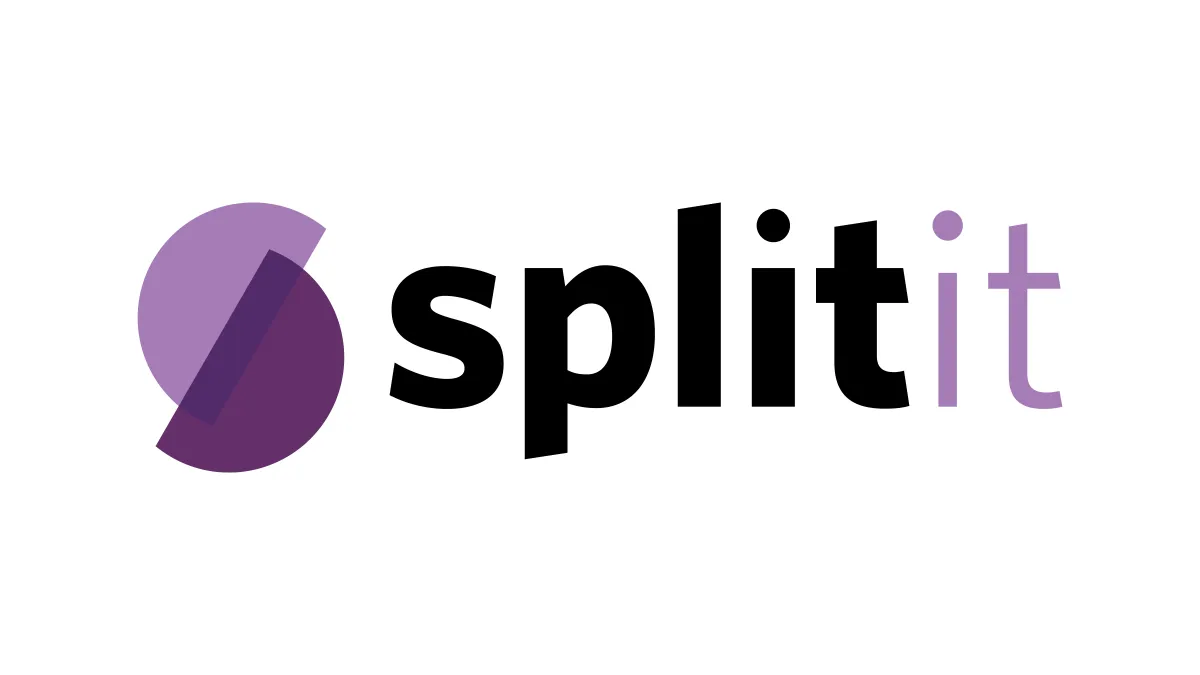UPDATE: April 13, 2021: Splitit has partnered with UnionPay International card network to expand its installment payment offering globally.
UnionPay, a Chinese card provider and network, is accepted in 180 countries with nearly 55 million merchants using the card network. Outside the Chinese Mainland, UnionPay is accepted by over 32 million merchants. To date, over 9 billion UnionPay cards (debit and credit) are issued in 68 countries and regions, among which over 150 million are issued outside mainland China. All UnionPay credit cardholders will be able to use Splitit's interest- and fee-free installment payment option at any merchant offering Splitit from June FY21.
"Partnering with UnionPay opens up our solution to UnionPay credit card holders, building on our existing card partner networks," Brad Peterson, CEO of Splitit, said in a press release. "It combines our unique installment solution and global reach, with UnionPay's powerful card holder base to allow countless more shoppers to better use their existing credit."
At this point in time, Splitit considers the UnionPay partnership is unlikely to yield a short-term economic benefit for Splitit, but considers the partnership will support Splitit's strategic growth plans.
Dive Brief:
-
Splitit, the Australia-based buy-now-pay-later [BNPL] payments provider, is expanding installment payments for service sectors, including medical care, accounting and law firms, and is eyeing global expansion of its BNPL service.
-
The company saw its existing credit-card customer base double while experiencing a 300% increase in revenue during 2020. Splitit is working on introducing a virtual card for customers to further streamline online payments and facilitate in-store payments options.
-
BNPL services have been gaining momentum since before the pandemic, but the increased use of e-commerce last year fast-tracked customer adoption towards installment payments, Brad Paterson, CEO of Splitit, told Payments Dive.
Dive Insight:
Last year, the company saw its customer base jump to 432,000 users from 119,000 in 2019, while adding over 1,000 merchants on the platform. Merchant sales volume also jumped to $345 million in 2020 from $88 million in 2019. Splitit launched BNPL payment plans for the service sector last year in September to expand its product offering.
"Services like medical, dental, veterinary, accountants, legal, are some services that we're seeing increasing demand for on Splitit, although it's too early to say," Paterson said.
The company is partnering with service providers like CoFi, which extends financing for elective surgical procedures, and CredCompare, which provides medical loans to uninsured Americans. Customers can split their bills on their credit cards to have better budgeting and control over their finances. Splitit plans to add more service providers on its platform this year and eyes global expansion to operate wherever credit cards are accepted, Patterson said.
"Our consumers are asking for more ways to use Splitit," said Paterson. "We continue to explore innovative ways, including the provision of virtual cards."
Splitit joined forces with Visa last year to provide installment payments across the globe by tapping into their API-based Visa Installment Solutions. The Melbourne-based company aims to integrate virtual cards on its platform to further reduce friction from online payments and provide better in-store payment options.
Unlike other BNPL service providers, such as Affirm, that are looking to disrupt credit cards, Splitit distributes payments on a consumer's existing credit line rather than creating a new one, with no fees.
"We don't charge the customer anything," Paterson said. "The merchant is charged anywhere between 1% to 6% on the payments, depending on the length of the installment plans."
"With nearly $3 trillion of available credit on US credit cards, the death of the credit card has been greatly exaggerated," Paterson said. "Consumers continue to use credit cards because of the unique benefits they offer, including convenience and rewards programs."
Splitit's payment solution allows shoppers to use their available credit in a manner that fits their cash flow budget.
"I think that credit cards are a very well-established payment method and it's too early to say if BNPL services can be a threat to credit cards," Lily Varon, an analyst at Forrester, told Payments Dive. "Some people might use existing credit lines rather than creating new ones for budgeting reasons."
Splitit serves a different market vertical than the majority of the BNPL payment providers such as Affirm, Afterpay and Klarna. The company provides payment plans for home furnishing and luxury products, like jewelry, outdoor and fitness equipment, which usually costs more than purchasing retail fashion and electronics. Splitit's average order size is $1,000, compared to Afterpay's $100-$115, Paterson said.
"The rise of e-commerce played a big role in customer adoption towards BNPL services," Varon said. "Both consumer and merchant adoption rates increased during the pandemic as orders moved online from in-store purchases."
According to a Forrester webinar, merchant adoption of BNPL jumped to 46% in Dec. 2020, from 26% in Jan 2020.
E-commerce sales hit $791.7 billion in 2020, up 32.4% from $598.0 billion in 2019, according to Digital Commerce. In the sporting and home improvement sectors Splitit serves, orders increased by 46% and 52%, respectively.
Paterson said his company helps keep shoppers from leaving a site without a purchase. "We help improve conversion rates by making financing easier for consumers and increase sales," he said.
The BNPL services are gaining traction with customers of all ages, Varon said. The average age of a Splitit customer is 30 years to 50 years old, according to Paterson.
"Our data shows that interest certainly is concentrated on the younger groups, but actually, usages are consistent across all age groups," Varon said.












